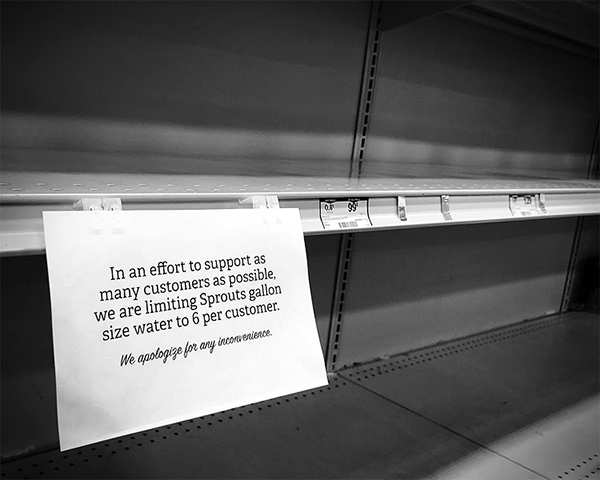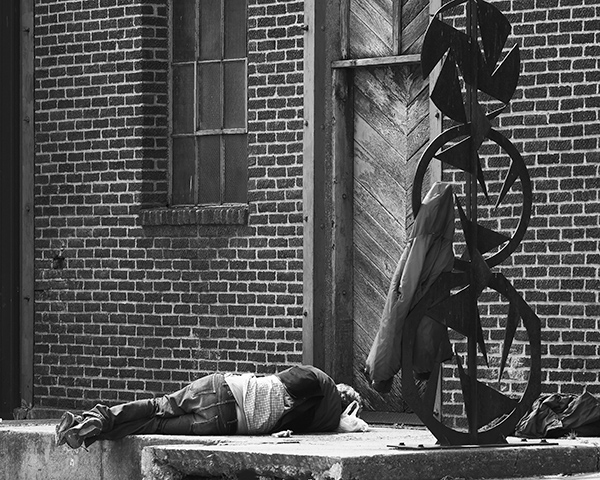ADDENDUM: The situation in August 2021
The images on this page were taken in late March and early April of 2020. At that time the coronavirus had just hit. We were trying to protect ourselves from the pandemic, and we were attempting to understand what was happening. It had been 100 years since America had last experienced a pandemic of this kind.
As I write this addendum to the slideshow, cases are rising again in our city, and across the country. Vaccines against the virus are available, but many people are refusing to be vaccinated. A new variant of the virus is spreading rapidly. Hospital beds again are filling. The use of masks is being reintroduced against vociferous objections from many.
As we enter the current phase, we once again look to the future with uncertainty and foreboding.
The virus story continues...
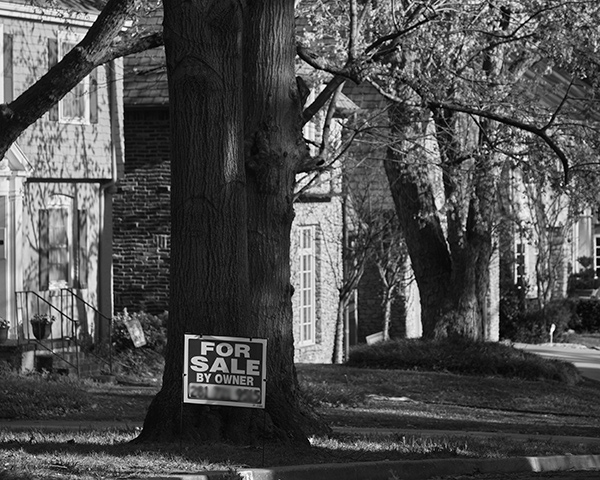
The effects of the virus are far-reaching in their economic impacts. Before the virus struck, home sales were progressing well above the level of last year. Now, however, the whole process of selling a house has changed as people take virus precautions.
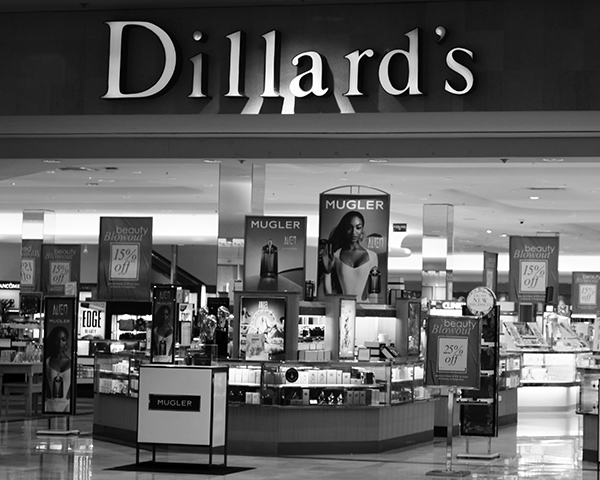
Restaurants, movie theaters, bars, churches, and most shops have closed in Tulsa. This has all happened in a period of less than 10 days. Dillards in the Tulsa Promenade is a store still open, but at the time I passed by this afternoon there were no customers to be seen. ( At a later point, after this photo was taken, a municipal edict closed nonessential retail establishments.)
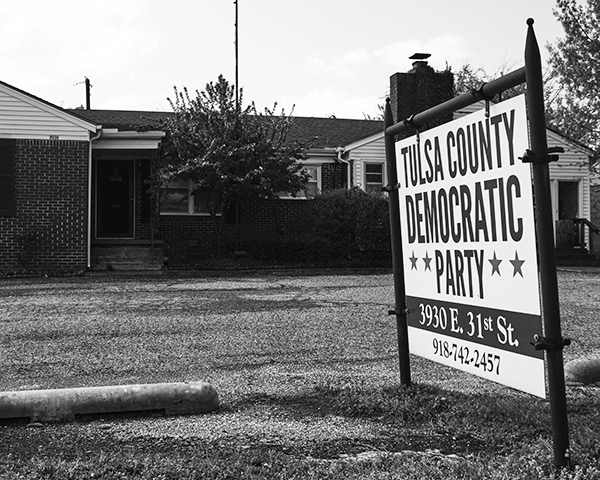
As the virus struck, we were in the middle of campaigns in two school district elections for the Tulsa Public Schools Board of Education. The runoff election for the school board has been postponed, and no date for the election has been announced at the time of this writing. Tulsans are faced with the prospect of a whole different kind of political process for this year's elections. Without face-to-face contact, and without people working together in person, what will campaigns look like?
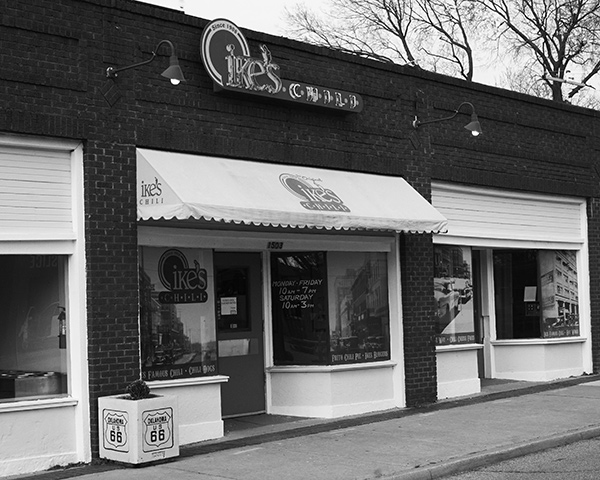
Ike's Chili is perhaps Tulsa's oldest restaurant, although it has had several different locations. It was established in 1908. During its many years of existence, it has never faced a period of forced closure like it is suffering during the pandemic.
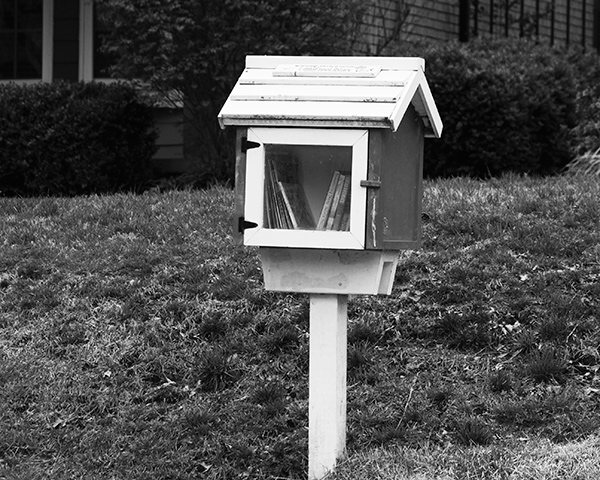
This is a neighborhood book lending box, and it is affected by the virus too. Because of hygiene warnings to avoid unnecessary touching things that have been touched by other people, the book box is going unused.

One of the greatest impacts of the virus is economic. Offices closed, stores shuttered, plants idle, and people out of work. Downtown Tulsa has seen many different kinds of ups and downs of the economy, but nothing like the current experience. The damage that will be produced by the virus is unknown.
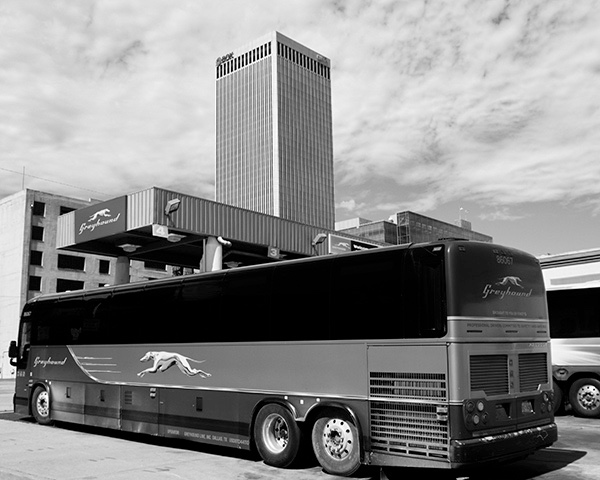
Buses and trains were once the primary intercity forms of transportation in America. Since airline deregulation in the 1970s, flying by plane has become much cheaper and more popular. With aviation severely cut back by the virus, the intercity bus has resumed a role of importance.






